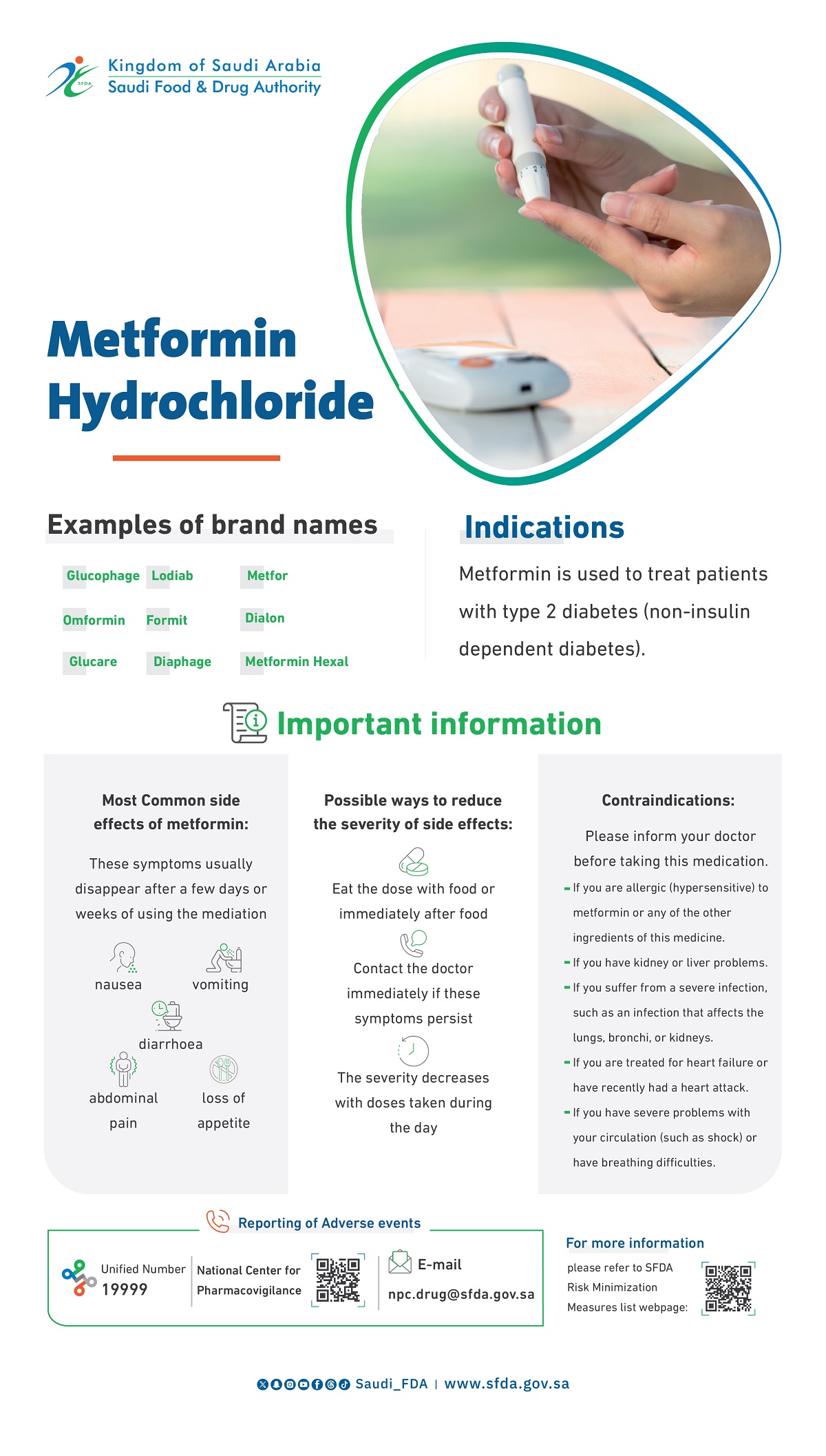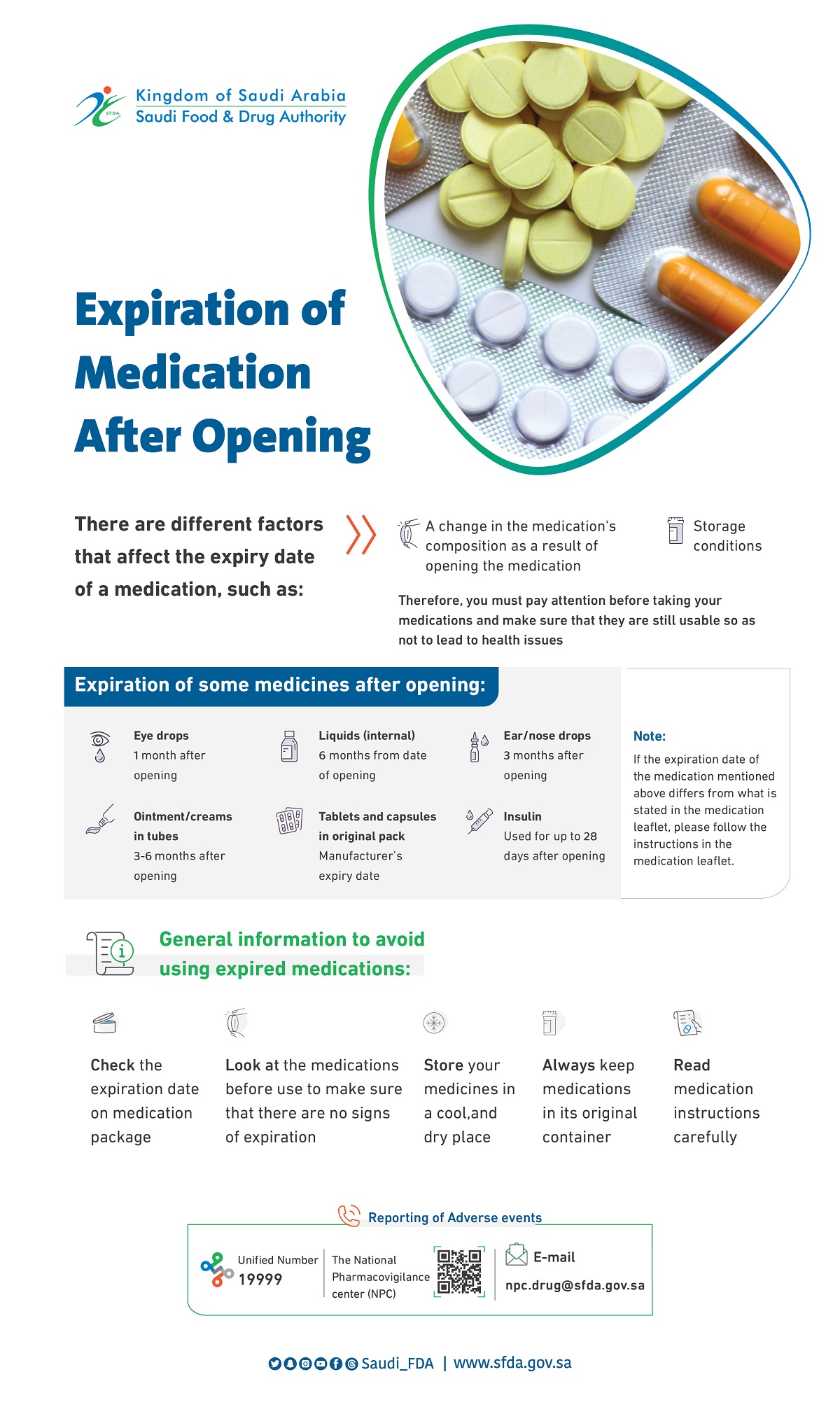

-
About SFDA
About SFDA
SFDA in vision 2030
Authority Strategy
Career and Life
- Information Lists
-
Areas
- Consumer Corner
- Media Centre
- Eservices
Effects of extended-release tramadol on pain-related sleep parameters in patients with osteoarthritis
Effects of extended-release tramadol on pain-related sleep parameters in patients with osteoarthritis
Effects of extended-release tramadol on pain-related sleep parameters in patients with osteoarthritis
2008-07-29
Objective : To examine the effects of extended release tramadol (tramadol ER) on reducing pain-related sleep disturbances (PRSDs) in patients (20 – 80 years) with moderate to moderately severe pain with radiographically confirmed osteoarthritis (OA) of the knee or hip.
Methods: A post hoc analysis of two 12-week, double-blind, placebo-controlled, randomized, parallel-group studies was conducted. In Study A, patients (n = 1,020) received tramadol ER 100, 200, 300, or 400 mg, or placebo. In Study B (n = 1,011), patients received tramadol ER 100, 200, or 300 mg, or placebo. Main outcome measures: PRSDs were evaluated using the Chronic Pain Sleep Inventory (CPSI) based on a 100-mm visual analog scale (VAS; 0 = very poor, 100 = excellent for the overall quality of sleep).
Results: Significant improvements in CPSI scores from baseline were seen as early as week 1 in all tramadol ER groups and were maintained through the final visit for overall sleep quality compared with placebo (all p ≤ 0.022). Compared with placebo, significant improvements in scores from baseline were seen beginning at week 1 for tramadol ER 200 and 300 mg and week 3 for tramadol ER 100 mg, and were maintained in all dose groups through the final visit, for being awakened by pain in the night and in the morning, and less trouble falling asleep due to pain (all p ≤ 0.046).
Conclusion: In this post hoc analysis, a reduction in pain was associated with a significant reduction in PRSDs due to OA.
Source: Expert Opinion on Pharmacotherapy, August 2008, Volume 9, Number 11




